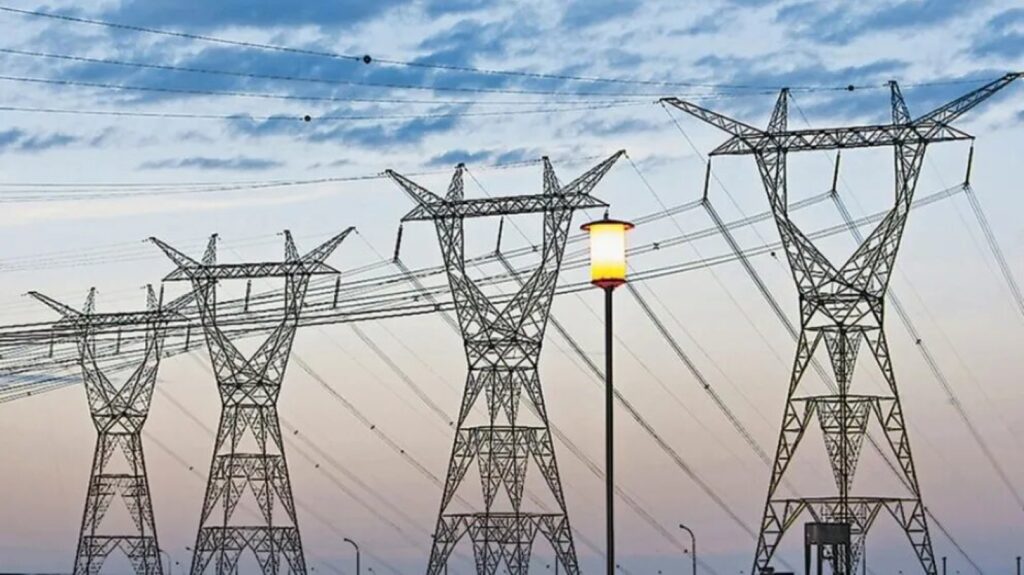A special report by the International Energy Agency (IEA), published under the title Energy and AIwarns that the rise of the artificial intelligence will profoundly transform the global energy landscape in the next decade.
While the expansion of this technology will increase the demand for electricityespecially in data centers, it also promises significant improvements in efficiency, emissions reduction y cybersecurity.
The document projects that the overall electricity consumption of the data centers will more than double by 2030, reaching 945 terawatt-hours (TWh), a figure comparable to the current total electricity consumption of Japan.
The IA will be the main driver of this growth, particularly in countries such as United Stateswhere data centers are expected to account for almost half of the increase in energy demand by 2030. In other advanced economies, the figure will exceed 20%.
"AI is one of the most important issues in today's energy world, but until now, policymakers and markets lacked the tools to fully understand its broad impacts," said Fatih Birol.
The executive director of the AIE added that global demand for electricity from data centers is expected to more than double in the next five years, consuming the same amount of electricity by 2030 as all of Japan consumes today.
Despite the challenges this represents, the IEA report also highlights the opportunities: AI is not only a growing source of energy consumptionThe company is also a key tool for optimizing power grids, forecasting failures, reducing operating costs and accelerating technological innovation in areas such as batteries and solar energy.
"AI is a tool, potentially incredibly powerful, but it is up to us (societies, governments and businesses) how we use it. The IEA will continue to provide data, analysis and forums for dialogue to help policymakers and other stakeholders chart the way forward as the energy sector defines the future of AI, and AI defines the future of energy," he expounded.
However, the paper warns of significant uncertainties, from technology adoption times and their impact on productivity, to risks associated with cyberattacks, which have tripled in the last four years, and the growing demand for critical minerals for AI equipment. These factors could lead to strains on global energy security if not addressed in a coordinated manner.
The IEA issued an urgent call to governments and industry to invest in electricity infrastructure, strengthen cross-sectoral cooperation and accelerate the energy transition by harnessing the transformative potential of AI in a sustainable and safe manner.
Source: AEI


